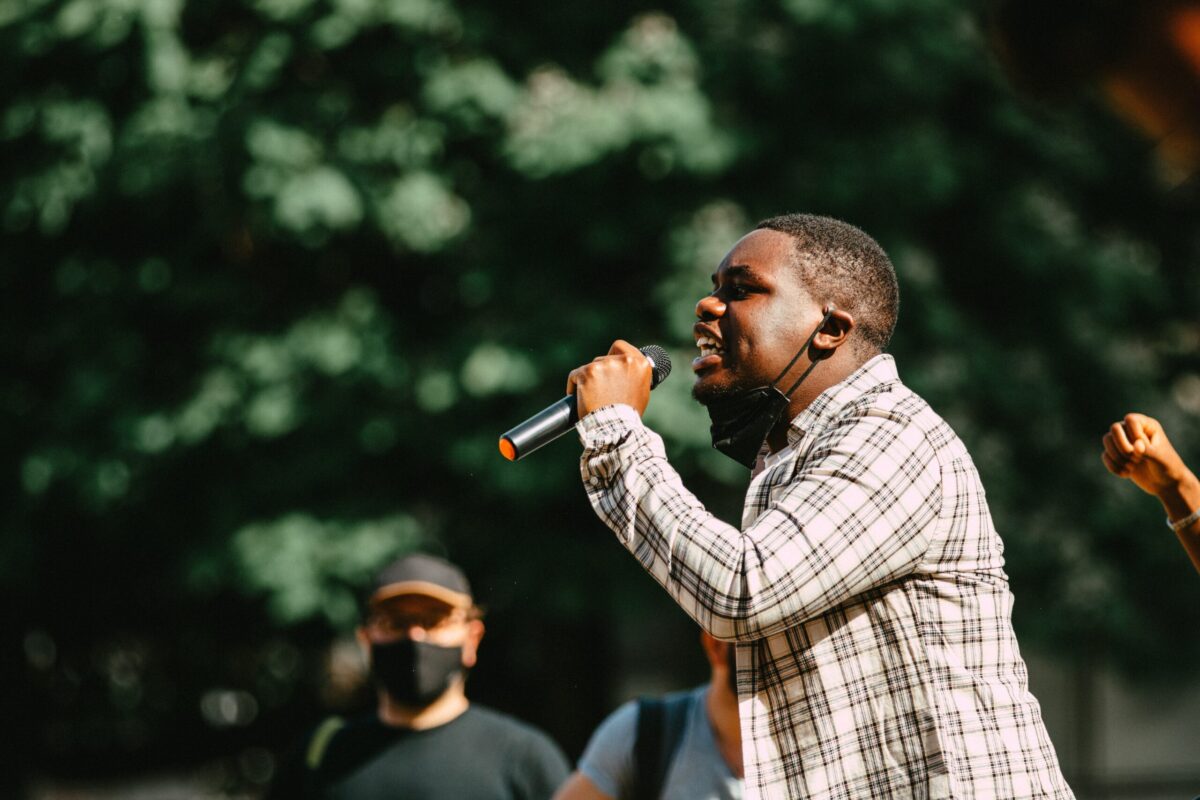The Power of Verse: Activism through Poetry
Poetry has found a unique role in the realm of activism, capable of weaving narratives that cut through the noise and resonate with the depths of human emotion. When wielded well, poetry can be a potent tool for social change and a mirror reflecting the complexities of our shared human experience.
Getting to the Heart of it
Poems can distill complex issues into poignant verses that speak directly to the hearts of individuals. At its core, activism is about raising awareness and fostering empathy, and poetry excels at both. Amanda Gorman’s powerful poem, “The Hill We Climb”, performed at the inauguration of President Joe Biden, is a great example. With verses that echoed the call for unity and highlighted the challenges faced by the nation, Gorman’s words became a rallying cry for hope and change.
Ease of Access for Readers and Writers
One of the key strengths of poetry in activism lies in its accessibility. Unlike lengthy policy documents or verbose speeches, poems can be concise yet impactful. Activists can use the brevity of poetry to distill complex issues into digestible pieces that are easily shareable and relatable. This accessibility enables poetry to reach a wide audience, transcending barriers of age, education, and socio-economic background.
Poetry also serves as a vessel for the voices often marginalized or unheard. Activists can use verse to amplify the stories and struggles of communities that have been sidelined. By providing a platform for those voices, poetry becomes a vehicle for empathy, fostering understanding and inspiring action. Langston Hughes, a prominent figure in the Harlem Renaissance, used his poetry to articulate the experiences of African Americans during a tumultuous period, giving voice to a generation that yearned for change.
New Ways of Seeing
Metaphors, similes, and allegories embedded in poetry enable activists to communicate complex issues with nuance and depth. By painting vivid pictures with words, poets can evoke powerful emotions that drive individuals to question the status quo. The metaphorical language employed in poetry allows for multiple interpretations, encouraging readers to engage critically with the subject matter and sparking conversations that transcend the poem itself.
Moreover, poetry can spark movements and shape collective consciousness. Allen Ginsberg‘s iconic poem “Howl” became a rallying cry for the counterculture movement of the 1950s and 1960s, the poem’s content challenging societal norms and pushing for a reevaluation of values. The resonant verses of “Howl” united a generation and laid the groundwork for transformative social change.
In an era dominated by instant gratification and fleeting attention spans, poetry offers a moment of pause and reflection. Activists can leverage the contemplative nature of poetry to encourage individuals to think deeply about the issues at hand. By appealing to emotions, poets can inspire a personal connection that goes beyond statistics and headlines, motivating people to become actively involved in the pursuit of justice and equality.
In conclusion, the marriage of poetry and activism creates a harmonious symphony of words that transcends the boundaries of time and culture. The ability of poetry to distill complex issues, amplify marginalized voices, employ metaphorical language, and spark movements makes it a potent force for social change. As we navigate the challenges of our world, let us not underestimate the transformative power of verse in the pursuit of a more just and compassionate society.




